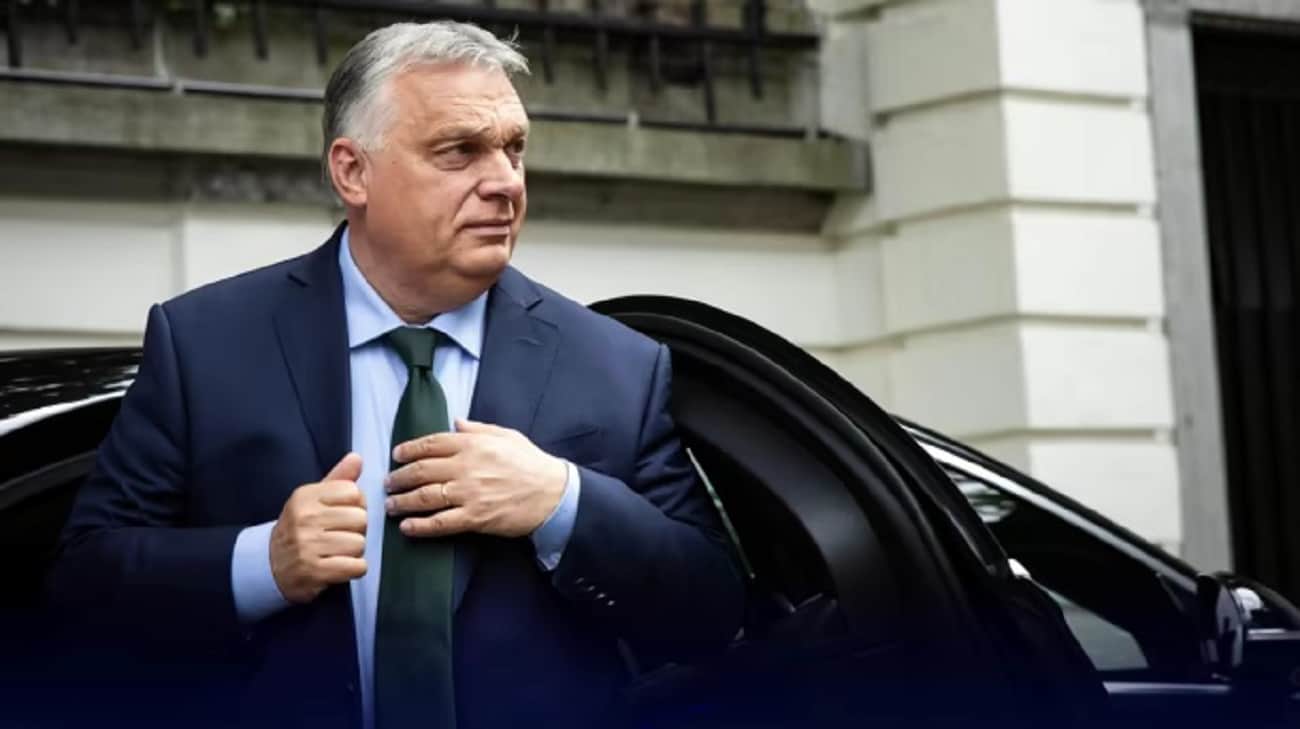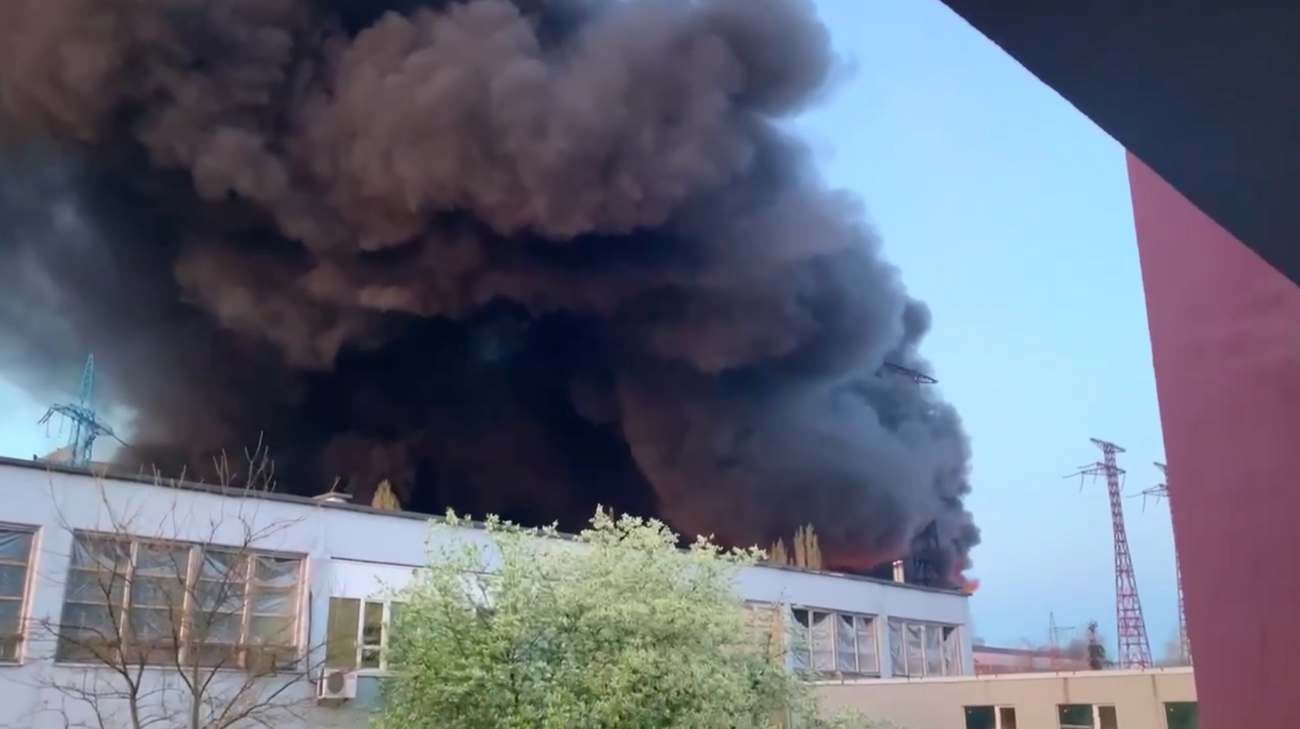Orbán seeks to shift Western attention from supporting Ukraine to peace talks – ISW
Hungarian Prime Minister Viktor Orbán is seeking to shift the West's attention towards possible peace talks, contrary to statements by Russian ruler Vladimir Putin, in order to undermine European support for Ukraine, writes the Institute for the Study of War.

Hungarian Prime Minister Viktor Orbán is seeking to shift the West's attention towards possible peace talks, contrary to statements by Russian ruler Vladimir Putin, in order to undermine European support for Ukraine, writes the Institute for the Study of War.
Source: ISW
Details: Analysts observe that Orbán is continuing to present himself as a potential mediator to settle the war in Ukraine, despite the fact that Putin has rejected mediation and meaningful negotiations.
The report suggests that Orbán is likely attempting to redirect Western attention to potential peace negotiations as part of his efforts to erode European support for Ukraine.
In an article published in Newsweek, Orbán accused NATO of prioritising fighting above peace, claiming that NATO was founded to safeguard peace.
Orbán's article was published following his visits to Kyiv and Moscow, when he urged Russia and Ukraine to begin negotiations.
Experts believe Orbán's steps to move the negotiations along are part of his continuous efforts to divert Europe's focus away from discussions about military backing for Ukraine and towards peace talks.
Experts recall that Orbán has consistently opposed and undermined the European Union's efforts to offer military support to Ukraine, and Europe's turn away from military assistance contributes to this broader purpose now that Hungary holds the EU Council chair.
"Orbán’s and others' calls for negotiations and Ukraine's peace formula are distinct efforts with different aims, and Russian President Vladimir Putin has demonstrated that he is not interested in any negotiated agreements short of Ukraine's capitulation," the report says.
Analysts also emphasise that Ukraine's capacity to continue its own peace process is dependent on its ability to liberate the key territories outlined in the operational plan. Ukraine cannot conduct successful counter-offensive actions in support of this goal without the West's military assistance in the near and medium term.
To quote the ISW’s Key Takeaways on 6 July:
- Hungarian Prime Minister Viktor Orbán continues to posture himself as a potential mediator to end the war in Ukraine despite Putin's rejection of mediation or serious negotiations. Orban is likely aiming to shift Western focus towards possible peace negotiations as part of his overarching effort to undermine European support for Ukraine.
- Orbán and others' calls for negotiations and Ukraine's peace formula, are distinct efforts with different aims, and Russian President Vladimir Putin has demonstrated he is not interested in any negotiated agreements short of Ukraine's capitulation.
- Ukrainian forces struck energy infrastructure in Krasnodar Krai with drones on the night of 5 to 6 July.
- Iran announced on 6 July that Iran and Russia signed a bank agreement on 4 July enabling Russia and Iran to trade in the Russian rouble and Iranian rial.
- The Russian government continues efforts to isolate the Russian people from material it considers antithetical to state interests and ideology.
- Russian forces recently advanced near Kupyansk, Siversk, Toretsk, and Avdiivka.
- Russian federal subjects (regions) continue to increase monetary incentives to recruit contract soldiers (kontraktniki).
Support UP or become our patron!



